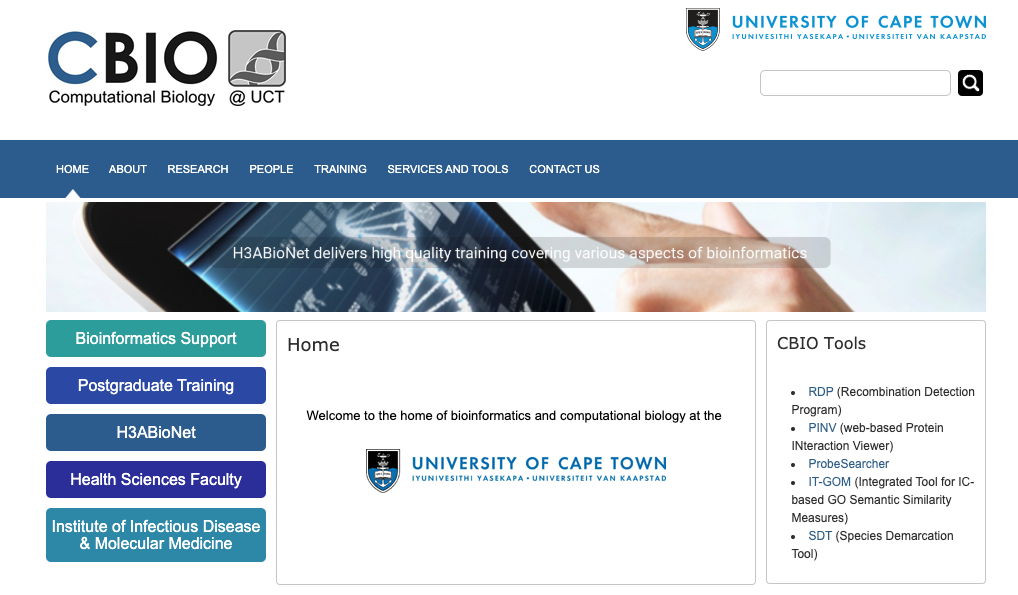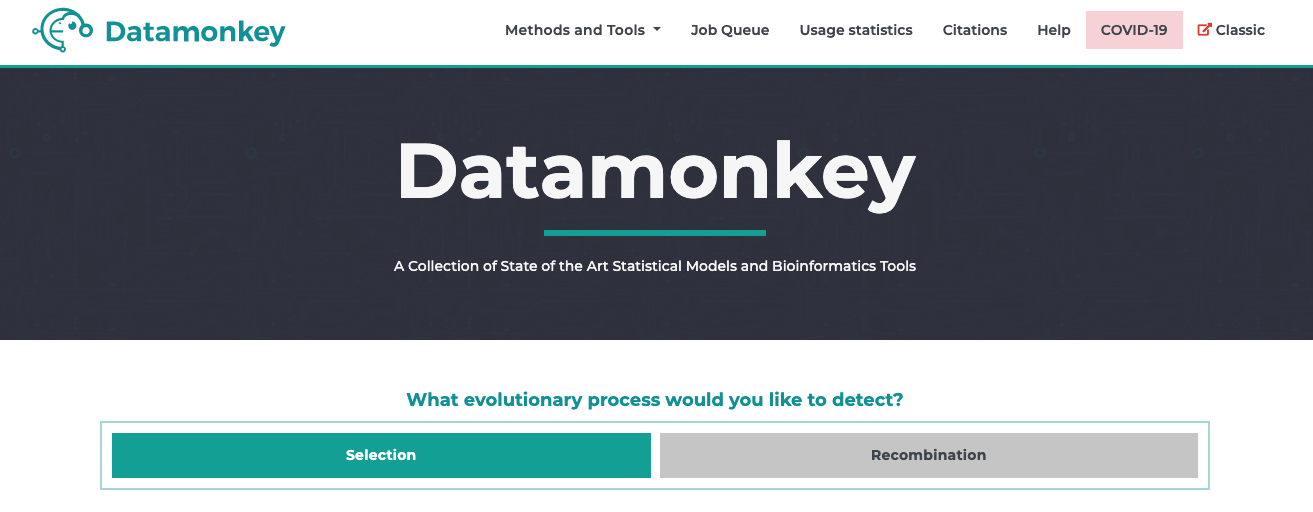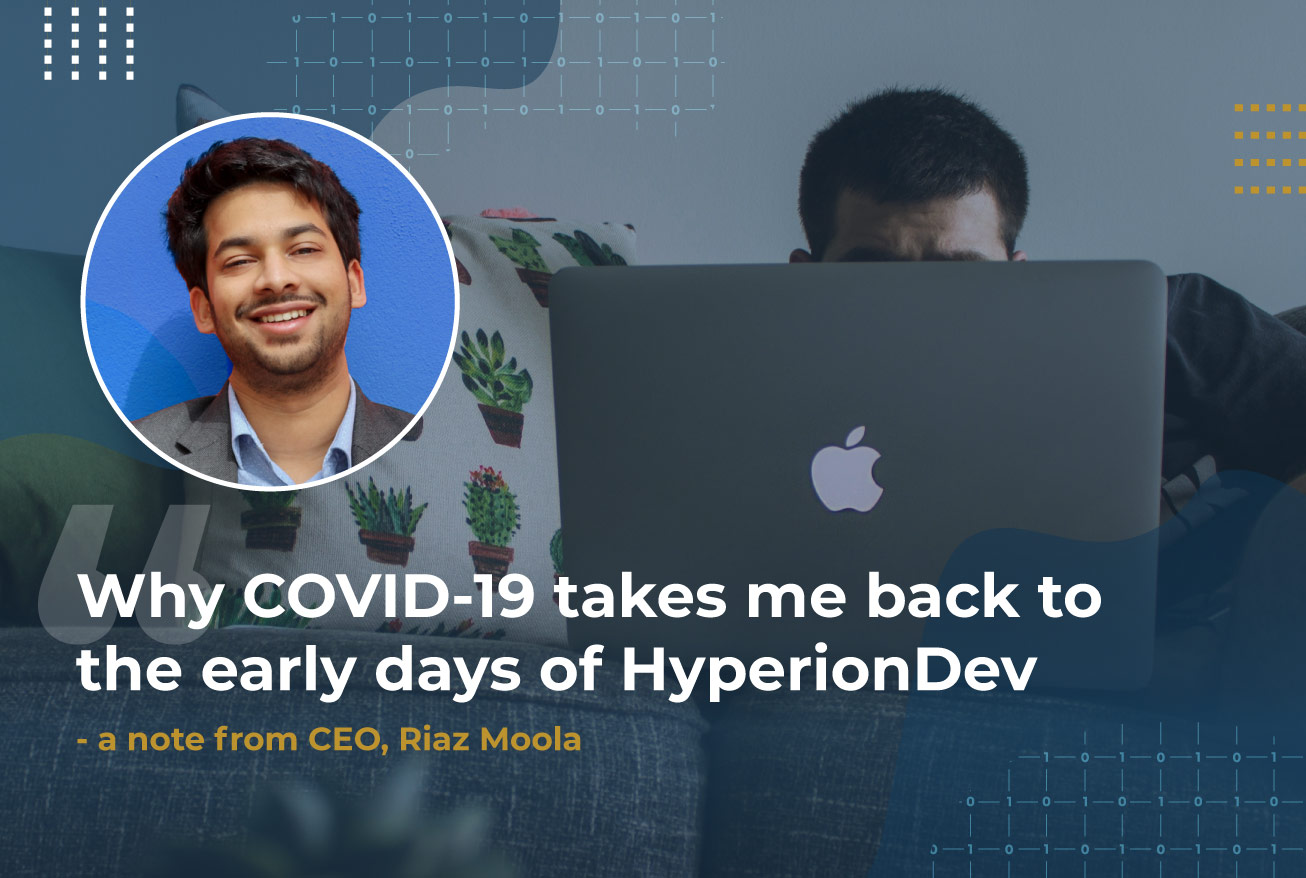The effects of COVID-19 have left the world reeling. Businesses have closed doors and people have retreated to their homes, as everyone comes together in an effort to flatten the curve and beat back the virus. Cut off from physical things, people and companies are turning at an unprecedented rate to digital services and operations. Working from home is the new norm. Internet usage has spiked. Colleges and universities have taken up remote learning not as an add-on, but a core part of their central education model. More than ever, we are all seeing quite clearly the power and importance of the internet and tech in society, work, and the virology to fight COVID-19.
The global pandemic has been disruptive, but it’s also been a reminder of why HyperionDev exists. The world of coding still has a tech skills gap that needs to be closed, and which is exacerbated by obstacles like these. People shouldn’t need to put aside hundreds of thousands of rands and years of their time to get the skills to start their tech career.
Personally, it’s been a reflective moment that draws me back to the earliest coding courses of HyperionDev, when my work was directly centred around computational biology and the study of the evolution of viruses and other facets of virology..
In fact, serious outbreaks and diseases played a role in creating HyperionDev in the first place.
A couch, a laptop… and a whole lot of virology
I’m sure everyone has read the story of HyperionDev’s humble beginnings: a ComSci major, a laptop, and a couch. But what doesn’t make a Destiny magazine profile or Venturebeat interview is the central place Computational Biology and the study of serious and infection diseases had in creating our education model.
In my uni days, I used to specialise quite deeply in some subfields of virology, especially the evolution of viruses and virus responses. Computational Biology (also known as bioinformatics) is a powerful tool for making an impact on preventing pandemics. In fact, outside of the higher risk wet laboratories used to study viruses, it is the only way you can actually understand a virus scientifically.
Toward the end of my studies, I completed two internships specializing in viruses and virus epidemic response, which introduced me to Python. While working at SACEMA (this is a website I actually built, and one they continue to use to this day!), the team asked me to teach Python to trainee biologists, who needed to learn programming so they could build algorithms and perform high-level data analysis in order to understand the evolutions of viruses. It made me realise just how important coding is for biologists, scientists and researchers, not just developers.

Later, I worked at CBIO, an epidemiology group that styled itself as the ‘home of bioinformatics and computational biology’ at the University of Cape Town. During my time there I worked on a number of projects all of which involved using computers and software to create models to analyse and map out large, hard-to-decipher datasets. It was an exciting time: we worked in a wave of new methods in virology and biology to use web servers, algorithms and machine learning to understand the evolution of viruses. Researchers would come up with new methods and publish research papers but then also build websites, like Data Monkey or HyPhy, where you could run their method on your dataset of genetic information to analyse or model its potential developments.

As I kept working in this field, I eventually got accepted to work with Andrew Rambaut at Edinburgh who is one of the leading figures of this branch. He headed a team who came up with a Java tool called BEAST, which is the method for understanding where any virus comes for or evolves. He is the author of one of the biggest and most important papers on nCOV right now, and his work uses that codebase to understand the origins of many diseases including COVID-19. BEAST is a jaw-dropping tool for understanding ‘evolution’ in all its varied forms: it’s used for all kinds of research, from understanding where a new species of crocodile comes from, or how languages evolve. Not too long ago, it was the main tool used to discover the main hypothesis on the specific origins of HIV.
The internet grew, and HyperionDev moved from labs to websites
The time I spent in computational biology was inspiring, and it stays with me to this day. In fact, when HyperionDev was first launched as an online course, it was specifically tailored to teach Python to people in biology and epidemiology who did not have any coding skills, so that they could build algorithms and models to understand the evolution of viruses.
Of course, programming soon began outgrowing the realm of pure academia: social media exploded onto the scene between 2006 and 2009, opening up a whole world of growth for coding. More people wanted to learn how to create websites, manipulate databases, and create applications — and so while we no longer offer an extremely niche bioinformatics and programming course (as we did until 2014), the last few years have taught us how crucial its core tenets are to understanding – and overcoming – new challenges. After all, the vigorous standards that you’d need to map serious viruses over time are the standards you need to create world-class websites and apps. That’s why our Software Engineering bootcamp still uses all of the core modules and course knowledge from those bioinformatics courses to this day.
Today, HyperionDev offers coding bootcamps in Data Science, Web Development and Software Engineering (all of them now online only for the time being, thanks to COVID-19). I can only hope that somewhere along the way, these bootcamps help someone to see the value and applicability of programming to solving some of the toughest challenges facing us these days. And for those who don’t go the route of bioinformatics, skills in programming are helping people to get jobs that aren’t shut down, even when the nation is.
Riaz Moola is the founder and CEO of HyperionDev.
HyperionDev exists with one goal: to close the global tech skills gap by giving people the skills they need to switch to a fulfilling career in tech. Tech careers remain one of the least-affected jobs a person can have, as the effects of COVID-19 force physical offices to shut down. HyperionDev works to get you a job that can’t be quarantined, through our specialised mentored online coding bootcamps, in Data Science, Software Engineering, and Full Stack Web Development.
You can try out any of these courses and learn the essentials of programming right now, for free, with our free trial. Sign up today.


